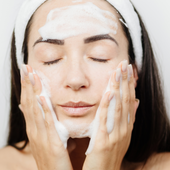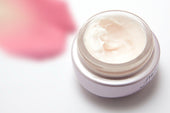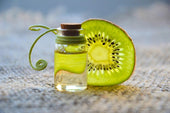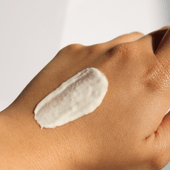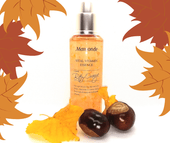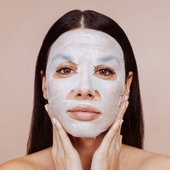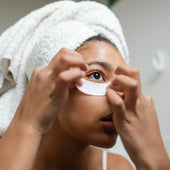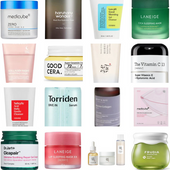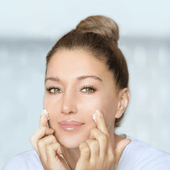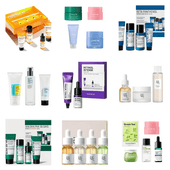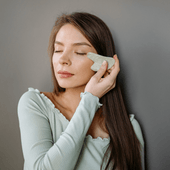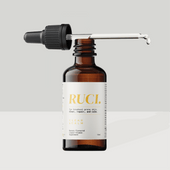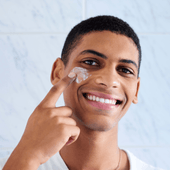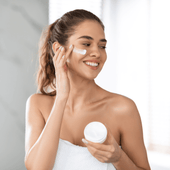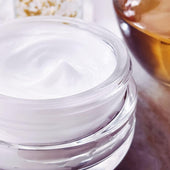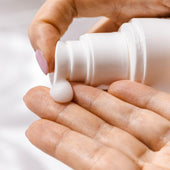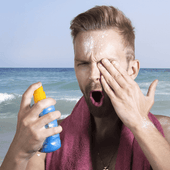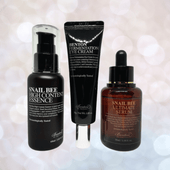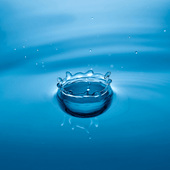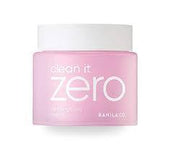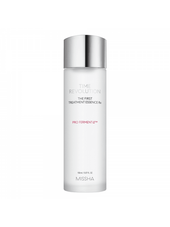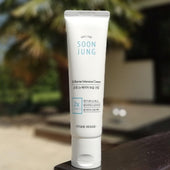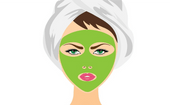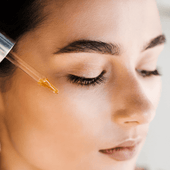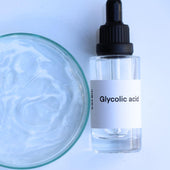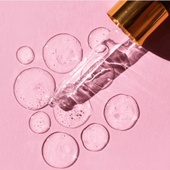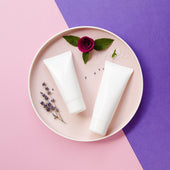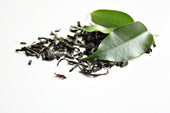SPF30 vs. SPF50: Which Sunscreen Should You Choose?
Share
Sunscreen is a cornerstone of effective skincare. It shields the skin from harmful ultraviolet (UV) rays, preventing sunburn, premature ageing, and reducing the risk of skin cancer. However, choosing the right Sun Protection Factor (SPF) can be confusing. The debate between SPF 30 and SPF 50 is common, and understanding the differences can help you make an informed decision.
Understanding SPF
SPF measures a sunscreen's ability to protect the skin from UVB rays—the type of radiation that causes sunburn and contributes to skin cancer. The Sun Protection Factor number indicates how long it takes for your skin to burn compared to without sunscreen, so SPF 30 means you burn 30 times slower than with no sunscreen. SPF50 gives you longer before you burn, without necessarily offering significantly higher levels of protection.
- SPF 30 blocks about 97% of UVB rays.
- SPF 50 blocks around 98% of UVB rays.
Although the difference in blocking UVB appears small, for people with very fair skin, conditions like rosacea or melasma, or a family history of skin cancer, that extra 1% can be significant.

The Debate: SPF 30 vs. SPF 50
Arguments for SPF 30:
-
Sufficient for everyday use: For typical daily activities with moderate sun exposure, SPF 30 is generally effective when applied correctly.
-
Lower chemical load: Often has fewer active ingredients, which may be better for sensitive or reactive skin.
- Texture and cost: SPF 30 sunscreens tend to be lighter and more affordable, making them easier to wear daily.
Arguments for SPF 50:
-
Increased protection: While only a 1% improvement in UVB coverage, this matters for high-risk individuals.
-
Extended exposure: Ideal for outdoor activities, long walks, beach days, or sports.
- Reassurance: Offers peace of mind when in strong sun, especially in high-altitude or equatorial regions.
When to Use SPF 30 vs. SPF 50
SPF 30 is suitable for:
- Daily commuting and indoor/outdoor office work.
- People with darker skin tones or lower sensitivity to sunburn.
- Situations with limited sun exposure.
SPF 50 is recommended for:
- Long exposure between 11am and 3pm when UV rays are strongest.
- People with pale, freckled, or photosensitive skin.
- During outdoor sports, holidays, and water activities—particularly if the sunscreen is water-resistant.

Confused About Skincare? Sign up for our Free Email Course!
- Learn what your skin really needs (and what it doesn’t)
- Decode your skin type and what it’s telling you
- Build a custom skincare routine in just 5 days
Application Tips (The Real Game-Changer)
Regardless of SPF rating, correct application is critical:
-
Use enough: Apply roughly 30ml (a shot glass full) for full body coverage, and about a 20p coin-sized blob for the face.
-
Reapply every two hours, or immediately after swimming or sweating.
- Layer wisely: If using moisturiser or makeup, apply sunscreen last.
UVA vs. UVB – The Broader Picture
SPF only indicates protection against UVB rays. However, UVA rays—present all year and able to penetrate glass—contribute significantly to ageing and deeper skin damage.
To be fully protected, choose broad-spectrum sunscreens. In the UK, look for products with a UVA star rating or the UVA symbol in a circle to confirm this coverage. This is often shown on Korean sunscreen products as PA followed by plus (+) symbols. Plusses and stars are the same thing, and mark the protection on a scale of 1 (lowest) and 5 (highest).
Choose Based on Skin Type
-
Sensitive or acne-prone: Mineral sunscreens with zinc oxide or titanium dioxide are less likely to cause breakouts. Try the Haruharu Wonder Black Rice Mineral Relief Daily Sunscreen.
-
Dry skin: Look for creamy textures and hydrating ingredients like glycerin or hyaluronic acid. Try the Etude Soon Jung Directors Moisture Sun Cream.
-
Oily or combination: Lightweight gels or mattifying formulas prevent shine and clogged pores. Try the Beauty of Joseon Relief Sun Aqua-Fresh: Rice+B5.

It’s Not Just About SPF – Sun Safety Holistically
Combine sunscreen with these best practices:
-
Protective clothing: Long sleeves, wide-brimmed hats, and UV-rated sunglasses.
-
Seek shade: Especially during midday hours.
- Avoid sunbeds: UV light from tanning beds dramatically increases skin cancer risk.
Daily Use—Year Round
Sunscreen isn’t just for the beach. UV exposure happens every day—even in winter or while driving:
- UVA rays penetrate clouds and glass.
- Cumulative damage adds up over years.
A light, moisturiser-style SPF for easy daily wear is perfect for year round use. This makes protection an effortless habit. Try the Beauty of Joseon Ginseng Moist Sun Serum.
Check the UV Index
Use apps or weather forecasts with a UV index rating to judge the day’s sun strength. In the UK, the Met Office provides daily updates, helping you know when high-SPF is essential.
Conclusion – Making the Right SPF Choice
Whether SPF 30 or SPF 50, the best sunscreen is the one you apply properly and regularly. Consider your skin type, daily habits, and sun exposure. Choose broad-spectrum protection and integrate it into a larger sun safety routine.
With the right product and consistent use, sunscreen becomes your skin’s most powerful ally against ageing and disease.
Refresh Recommends....
Best SPF 30 - Altruist Face Fluid SPF30
Best SPF 50 - Beauty of Joseon Relief Sun: Rice + Probiotics
Experience the Refresh Skincare Difference
At Refresh Skincare, we understand the importance of quality sunscreen in your skincare regime. Our curated selection of Korean skincare sunscreens offers superior protection and nourishment for your skin. With lightweight formulations, high SPF and PA ratings, and a range of options to suit all skin types, our sunscreens ensure your skin stays healthy and radiant, every day.
We offer free UK tracked delivery in 2 to 3 working days for orders over £30, plus save 10% on your first order when you join our email list. Our satisfaction guarantee means you have 30 days to return your purchase for any reason.
Further Information
- Caudalie share their thoughts on the debate with 'SPF 30 vs 50: What is the difference?'
- Want to get technical? Gruum delves into the nuts and bolts with 'Exploring the science behind SPF 30 vs 50: which is better?'
About the Author

Priscilla
Skincare fanatic and co-founder of Refresh Skincare. Follow the author on social media:


